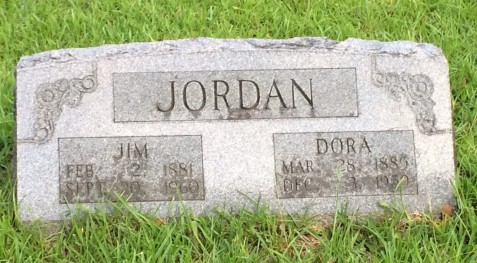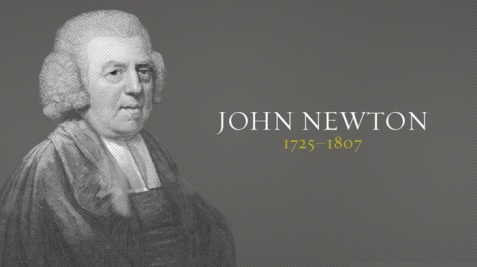
There is an old saying that to the British 500 miles is a long way, and to the Americans 500 years is a long time. I can’t vouch for that statement from the British perspective, but it sure seems to be true on “this side of the pond.” To us, the nineteenth century seems like it took place light years ago. Yet, yesterday as I was on my walk, I glanced at my grandfather’s tombstone, and I noticed that he was born in 1881. This was someone that I personally knew (granted he died when I was six, but I have personal memories of him) and he was an adult when Teddy Roosevelt became President. Wow!
When I returned to the house I glanced at my Ancestry program and saw that his Dad, George Boardman Jordan, was born in 1848 (that’s before the Civil War for those of you who slept during history class). There have been many changes between the time of my great grandfather and the 65th year of my life. In the year before George Boardman Jordan was born, information could only travel as fast as the fastest horse, train, or ship. Then, in 1844 the telegraph came along, and, what Tom Standage called the “Victorian Internet” was born. Now, with the computer, we know information about current events happening on the other side of the world as they happen.
Travel has progressed from a horse and wagon, to a train, to an automobile, to a jet airliner, and who knows, “The Jetsons’” flying cars may arrive before our Lord ushers in the “new heavens and the new earth.” Medicine has been revolutionized by the discovery of antibiotics, the heart-lung machine, gene therapy, high tech surgeries, and the list goes on and on. The world has changed immeasurably in those four generations of Jordans, but there is one thing that hasn’t changed; and that is the Gospel.
We are still sinners (and, honestly, with the tools at our disposal we are even more efficient in our sinning); we are still incapable of changing ourselves (“can a leopard change his spots?”); and, because of this, we need a Savior. That is why, when we gather on the Lord’s Day, we don’t need to hear a pep talk, therapeutic advice, or have our ears tickled with clever words; we need to hear how Jesus came to earth, took on human flesh, kept God’s Law, died for sinners, and how if we rest in His grace, and not in our own selves, we can have eternal life; totally by His grace. That is truly Gospel (Good News). As Jesus said, “I am the same yesterday, today, and tomorrow” (and his Gospel is, too).
P.S.—I am grateful that I have a pastor that keeps the Gospel front and center.







